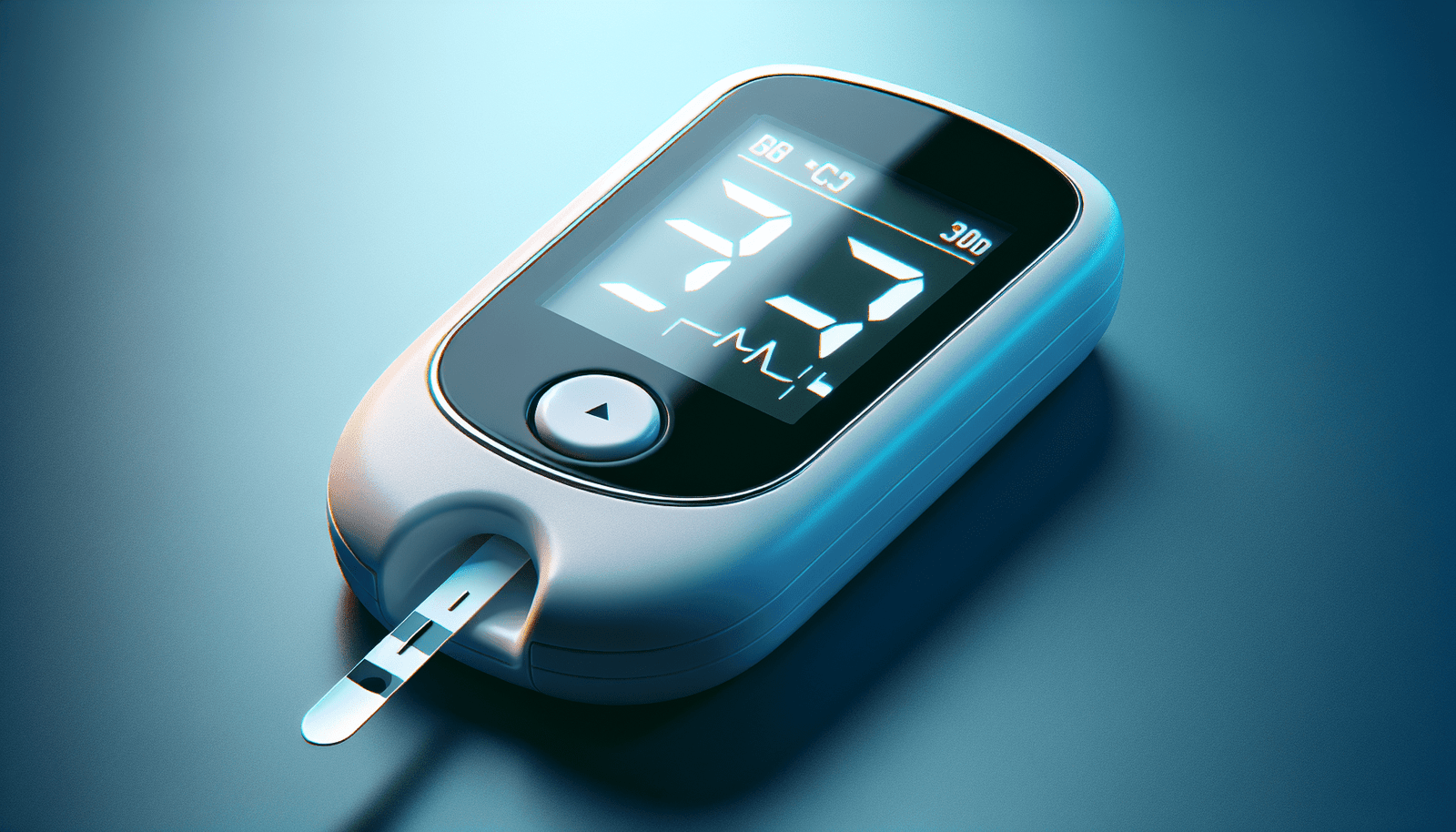Welcome to an insightful article on nursing management for diabetes. As someone who is involved in caring for individuals with diabetes, you play a crucial role in helping them manage their condition effectively. In this article, you will discover key strategies and best practices for providing top-notch nursing care for patients with diabetes. From educating patients on self-care techniques to ensuring proper medication management, you will explore the essential components of successful nursing management for diabetes. So, let’s dive in and enhance your skills in diabetes care! Hey there! Are you ready to dive into the world of nursing management for diabetes? Let’s explore the best practices, strategies, and tips to effectively care for patients with diabetes.
Understanding Diabetes
So, you want to know more about nursing management for diabetes? Diabetes is a chronic condition that affects how your body processes blood sugar (glucose). There are two main types of diabetes: Type 1 and Type 2. Type 1 diabetes is usually diagnosed in children and young adults, while Type 2 diabetes is more commonly diagnosed in adults.
The Role of Insulin
Insulin is a hormone produced by the pancreas that helps regulate blood sugar levels. In patients with Type 1 diabetes, the body does not produce insulin, while in Type 2 diabetes, the body does not use insulin effectively. As a nurse managing diabetes, it’s essential to understand the role of insulin and how it affects your patients.
Monitoring Blood Sugar Levels
One of the key aspects of nursing management for diabetes is monitoring blood sugar levels. Regular blood sugar monitoring is crucial for patients with diabetes to ensure their levels are within a healthy range. As a nurse, you may be responsible for teaching patients how to monitor their blood sugar levels using a glucose meter.
How to Monitor Blood Sugar Levels
- Explain to your patients how to properly use a glucose meter
- Teach them about the ideal blood sugar range and when to test
- Discuss the importance of regular monitoring and record-keeping

Medication Management
Managing medications is an essential part of nursing care for patients with diabetes. Patients with diabetes often require insulin injections or oral medications to help regulate their blood sugar levels. As a nurse, you play a crucial role in administering medications, educating patients about their medications, and monitoring for any side effects.
Types of Diabetes Medications
There are several types of medications used to manage diabetes, including:
| Medication Type | Description |
|---|---|
| Insulin | A hormone that helps regulate blood sugar levels |
| Metformin | A commonly prescribed oral medication for Type 2 diabetes |
| Sulfonylureas | Stimulate the pancreas to release more insulin |
Medication Administration Tips
- Ensure that patients receive the correct dosage of medication
- Educate patients about the importance of taking their medications as prescribed
- Monitor patients for any signs of medication side effects
Diet and Nutrition
Diet and nutrition play a significant role in managing diabetes. As a nurse, you may need to educate patients about making healthy food choices, counting carbohydrates, and understanding how different foods can affect blood sugar levels.
Tips for Managing Diet and Nutrition
- Encourage patients to eat a balanced diet rich in fruits, vegetables, whole grains, and lean protein
- Teach patients about carbohydrate counting and how to balance their meals
- Discuss the importance of portion control and meal timing

Exercise and Physical Activity
Regular exercise and physical activity are essential for managing diabetes. Exercise helps lower blood sugar levels and can improve insulin sensitivity. As a nurse, you can encourage patients to incorporate physical activity into their daily routine and help them create an exercise plan that works for their lifestyle.
Benefits of Exercise for Diabetes Management
- Lower blood sugar levels
- Improve insulin sensitivity
- Promote weight loss and overall health
Tips for Encouraging Physical Activity
- Help patients set realistic exercise goals
- Recommend activities that they enjoy and are accessible to them
- Monitor patients for any signs of exercise-related complications
Complications of Diabetes
Patients with diabetes are at risk of developing various complications if their condition is not managed properly. As a nurse, it’s essential to be aware of these potential complications and educate patients about the importance of regular monitoring and management.
Common Diabetes Complications
- Cardiovascular disease
- Kidney disease
- Neuropathy (nerve damage)
- Retinopathy (eye damage)
Patient Education and Empowerment
Educating and empowering patients are essential components of nursing management for diabetes. As a nurse, you play a crucial role in helping patients understand their condition, manage their diabetes effectively, and make informed decisions about their health.
Tips for Patient Education
- Provide clear and concise information about diabetes and its management
- Encourage patients to ask questions and express any concerns they may have
- Empower patients to take an active role in their care and make informed decisions
Collaborating with Interdisciplinary Team
Effective diabetes management requires collaboration with an interdisciplinary team of healthcare professionals, including physicians, dietitians, and pharmacists. As a nurse, you can work together with other team members to develop comprehensive care plans for patients with diabetes.
Importance of Collaboration
- Ensures holistic care for patients with diabetes
- Facilitates communication and coordination among healthcare providers
- Improves patient outcomes and quality of care
Conclusion
Congratulations! You have completed your crash course in nursing management for diabetes. Remember, effective diabetes management requires a holistic approach that includes monitoring blood sugar levels, managing medications, promoting a healthy diet and exercise, educating and empowering patients, and collaborating with an interdisciplinary team. By following these best practices and tips, you can provide quality care for patients with diabetes and help them live a healthier and happier life. Keep up the fantastic work, and remember to always put your patients’ well-being first!


